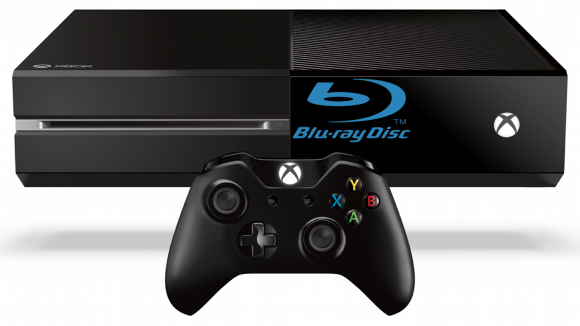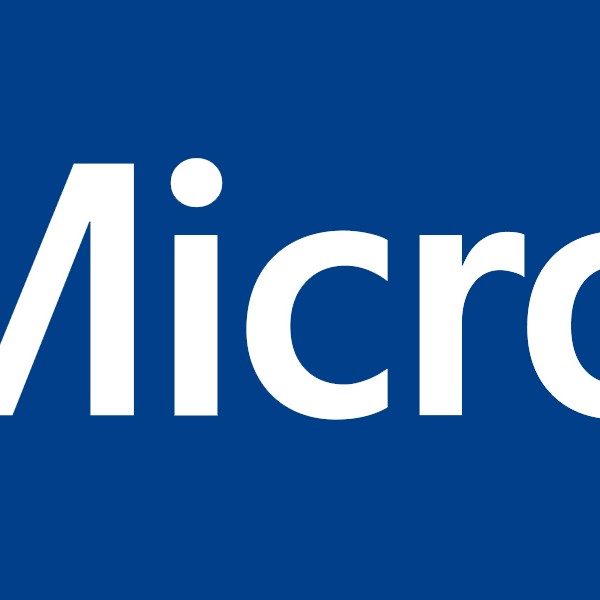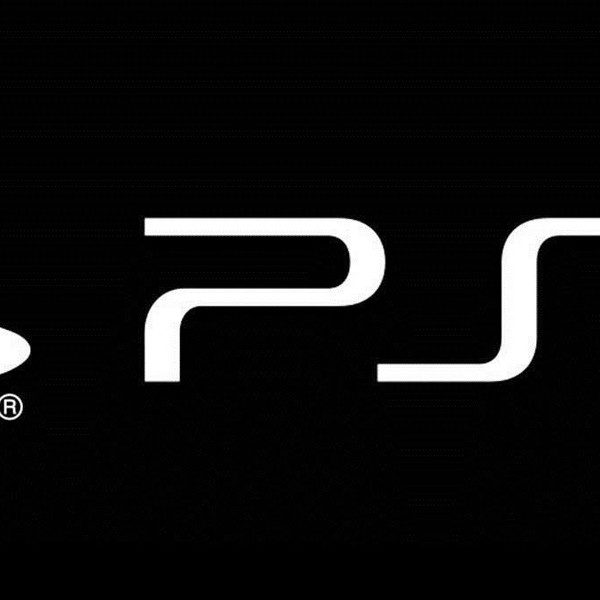

Blu-ray is the dominant disc format for HD content. It beat out Toshiba backed HD-DVD in early 2008, leaving a near monopoly of the marketplace to the owner of Blu-ray. And whom might that owner be you ask? Most would assume Sony; after-all, Blu-ray was first announced at Ceatec in 2000 under Sony’s name and the company loudly touted the technology’s inclusion into the PlayStation 3. But you would be wrong.
In fact, the Blu-ray technology is a smaller piece of the Blu-ray Disc Association (BDA), a consortium that licences and develops the technology. Members of this consortium include: Sony, Panasonic, Pioneer, Philips, Thomson, LG Electronics, Hitachi, Sharp, and Samsung. This group was expanded in 2004 so more members could be included. This new, larger group was re-branded The Blu-ray Disc Association, and as of June 2013, included: Dolby, DTS, Hitachi, Intel, LG, Mitsubishi, Oracle, Panasonic, Pioneer, Philips, Samsung, Sharp, Sony, TDK, Technicolor, 20th Century Fox, Disney, and Warner Bros.
A notable exclusion to this group is Microsoft. The company is using Blu-ray in its forthcoming Xbox One, which begs the question – why?
Common thought would lead you to believe it’s in Sony’s best interest to block Microsoft from using the technology, effectively forcing Microsoft to spend millions developing their own disc format, as traditional DVD’s will simply not be able to support the size of next-gen games.
There are two reasons why this is not happening:
1) It’s not up to Sony to decide. The Blu-ray Disc Association is comprised of 18 members, not one. Any decisions made are decided upon by majority rule. As stated on the companies official website:
The board sets an overall strategy and approves key issues. A board member can participate in all activities and attend all meetings.
2) More units means more money. On the associations official website, one of the “aims” of the BDA is to “Promote wide adoption of Blu-ray Disc formats.” The most effective way of doing so is to have as many Blu-ray capable machines in the marketplace. Allowing Microsoft to include Blu-ray drives in its Xbox One guarantees more sales – both hardware and software units. Additional Blu-ray drives means additional sales in movies and television, each of which Sony makes a penny from.
What does all of this mean? While Sony would like to corner Microsoft on the console front, it’s certainly not in their overall best interest to do so. You don’t want to limit your sales potential of movies and television, a market that was, according to the Digital Entertainment Group (DEG), “28.5 percent higher in the first quarter of this year than a year ago.”
Thanks to Michael Pachter and his latest Pach-Attack on Gametrailers as the inspiration for this article. Keep up the good work Mr. Pachter!
Play games, take surveys and take advantage of special offers to help support mxdwn. Every dollar helps keep the content you love coming every single day.


